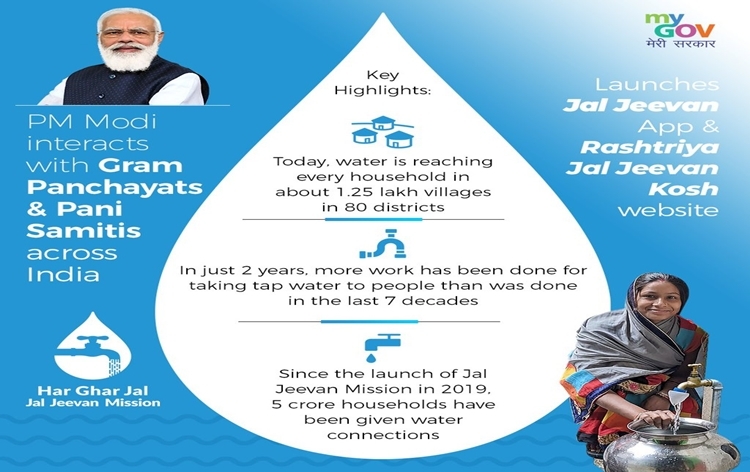Drinking enough water every day is essential for good health. Water hydrates the cells, regulates temperature and helps flush out toxins from the body. On average, adults should consume 2 liters (0.5 gallons) of water per day.
What are the parameters of potable water?
pH (the scale is 0 to 14, with 7 being neutral)
specific gravity (also called density) (roughly the mass per unit volume - in kg/m3) total dissolved solids (TDS) (measurement of the concentration of all ions and other dissolved substances that affect taste and odor. Most common measurement units are mg/L) particulate matter (PM10), which is a measure of particulates smaller than 10 micrometers in diameter (about 1/1000th the width of a human hair). If it's too high, this can cause breathing difficulties or even asthma attacks.

Source: https://www.jansanconsulting.com/ph-scale.html
What are different drinking water standards?
The Safe Drinking Water Act regulates the quality of public and private drinking water supplies, including surface waters such as lakes, rivers and streams. The act also applies to groundwater that is used for human consumption or contact with skin. The federal standard for drinking water sets a maximum level of contaminants in drinking water, but states can set stricter standards if they choose. State-by-state drinking water standards vary widely, so it’s important to check your state regulations before you drink tap water.
How do I know if my drinking water is safe?
Most people don't think about their water until there's a problem. But by taking some simple steps — like testing your water regularly and knowing where to turn when something goes wrong — you can ensure that your family has access to clean, healthy water year round.
What is the TDS of drinking water?
The total dissolved solids (TDS) in your tap water can be measured by a lab test. The number on the report tells you how much minerals are present in your water.
Does it matter if I drink bottled or filtered water?
It depends on what type of mineral content you want to have in your body. If you're looking for more calcium, then you'll need to get it from something other than tap water. Bottled and filtered waters will typically have a higher concentration of calcium than tap water because they contain added calcium. However, if you prefer a lower-calcium option, then filtered tap water may work best for you.
How do I know which water filter system is right for me?
Most of the time, you'll be able to tell by looking at a product's packaging. However, sometimes it can be difficult to determine if a particular model will work for your needs or not. In these cases, we recommend that you contact one of our Water Filter Experts who can give you an accurate recommendation based on your specific circumstances and preferences.
Scope of Water management in India.
The scope of water management in India is vast. It includes the planning, development and implementation of policies for water resources development. The main objectives are to ensure sustainable use of available freshwater resources through conservation and protection of aquatic ecosystems, prevention of pollution, maintaining adequate supplies and quality of drinking water and ensuring safe disposal of wastewater.
Water management in India has been a priority area since independence. In fact, it was one of the first areas that Jawaharlal Nehru set up a committee to look into. Since then, there have been many committees, reports, laws and regulations passed by Parliament. Today, we can say with confidence that India’s approach towards water management is well-thought out and comprehensive.
Which cities have the best quality ground water in India?
Water is a precious commodity. It’s important for our health, and it helps us live longer and more productive lives. But there are places where we don’t have access to clean drinking water – or even any at all. In many parts of the world, people rely on groundwater sources for their daily needs. However, these underground resources can be contaminated with harmful levels of chemicals, which can make them unsafe to drink. Groundwater contamination can also cause serious health problems, including cancer.
Did it rain sufficient in Bangalore to deal with water shortage issues?
The answer is no. The city has been experiencing a severe drought for the last three years, and this year too we are facing water scarcity. Water levels at lakes have dropped drastically. Why haven’t they taken steps like increasing water supply or even providing free drinking water to citizens.
Several residents of Bangalore who complained about their inability to drink water. Some said they were forced to buy bottled water because they had run out of tap water.

For more information regarding our stainless steel panel tanks download our product brochure by clicking the button below, drop us your requirement on sales@beltecnoindia.com or call us on any of given numbers +91 9116009580/+91 7300084028
For more Details on Our Product click here 
Check our blogs 
*https://pubs.spe.org/en/ogf/ogf-article-detail/?art=3566
![]()





![]()